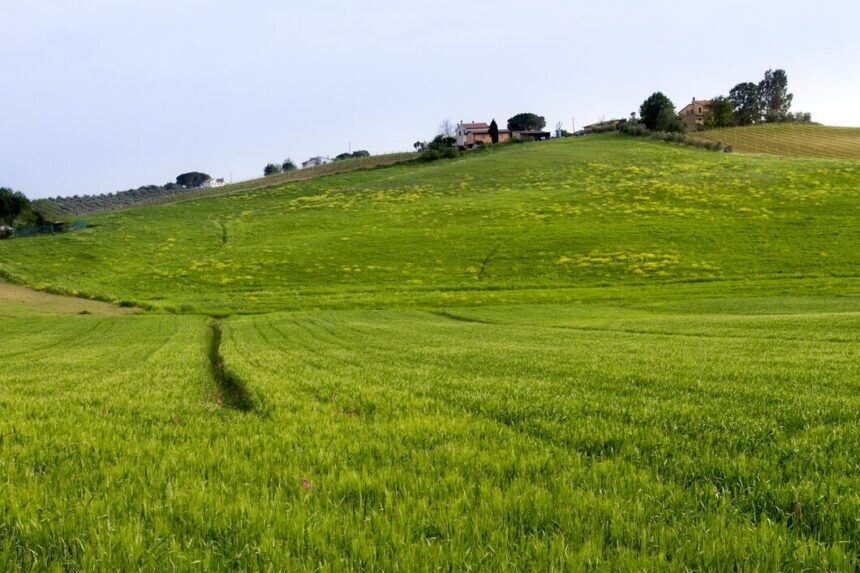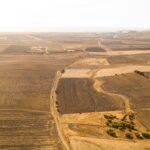Soil erosion poses a significant threat to agricultural productivity and land sustainability in South Africa. Contour farming, an effective soil conservation technique, can play a crucial role in mitigating erosion and preserving soil health. Here’s a guide for South African farmers on implementing contour farming to control soil erosion:
1. Understand Contour Farming Principles
Contour farming involves planting crops along the contour lines of a slope rather than up and down the hill. This method helps to slow down water runoff, allowing it to infiltrate the soil and reducing soil erosion. It also helps in retaining moisture and improving soil fertility.
2. Assess Your Land
Before implementing contour farming, assess your land’s topography and soil type. Use tools like a level or A-Frame to establish accurate contour lines. Understanding the slope gradient and soil characteristics will help in designing an effective contour farming plan.
3. Create Contour Lines
Mark contour lines across your fields using stakes and a string level. These lines should be level or follow the natural curves of the land. Ensure that the spacing between contour lines is appropriate for the slope of your land; closer lines are needed for steeper slopes.
4. Build Contour Plots
Along the marked contour lines, create plots or beds for planting. These plots should be wide enough to capture and slow down water runoff effectively. In areas with severe erosion risk, consider adding terraces or bunds to enhance water control.
5. Choose Suitable Crops
Select crops that are well-suited to your soil and climate conditions. Deep-rooted plants are particularly effective in stabilizing soil and reducing erosion. Consider integrating cover crops, which can provide additional protection against erosion and improve soil health.
6. Implement Cover Cropping
Cover crops, such as legumes or grasses, can be planted between the contour rows. They help to bind the soil with their root systems, reduce surface runoff, and increase organic matter in the soil. This practice further enhances soil structure and fertility.
7. Manage Water Flow
Incorporate water management practices to enhance the effectiveness of contour farming. This includes constructing swales, or shallow ditches, along the contour lines to capture and redirect water flow. Proper water management reduces the risk of runoff and erosion.
8. Monitor and Maintain
Regularly inspect your contour farming system to ensure it remains effective. Look for signs of erosion, sediment buildup, or water pooling. Make necessary adjustments and repairs to maintain optimal soil protection and water management.
9. Educate and Train
Invest in training and education for yourself and any farm workers on contour farming techniques and soil conservation practices. Staying informed about best practices and new developments in soil conservation can help improve the effectiveness of your erosion control efforts.
10. Seek Expert Advice
Consult with agricultural extension services, soil conservation experts, or local farming organizations for additional guidance and support. These resources can provide valuable insights and recommendations tailored to your specific needs and conditions.
By implementing contour farming, South African farmers can effectively manage soil erosion, enhance soil fertility, and improve overall agricultural productivity. This sustainable practice not only protects valuable land resources but also contributes to long-term farming success and environmental stewardship.
Join 'Farmers Mag' WhatsApp Channel
Get the latest Farming news and tips delivered straight to your WhatsApp
CLICK HERE TO JOIN






